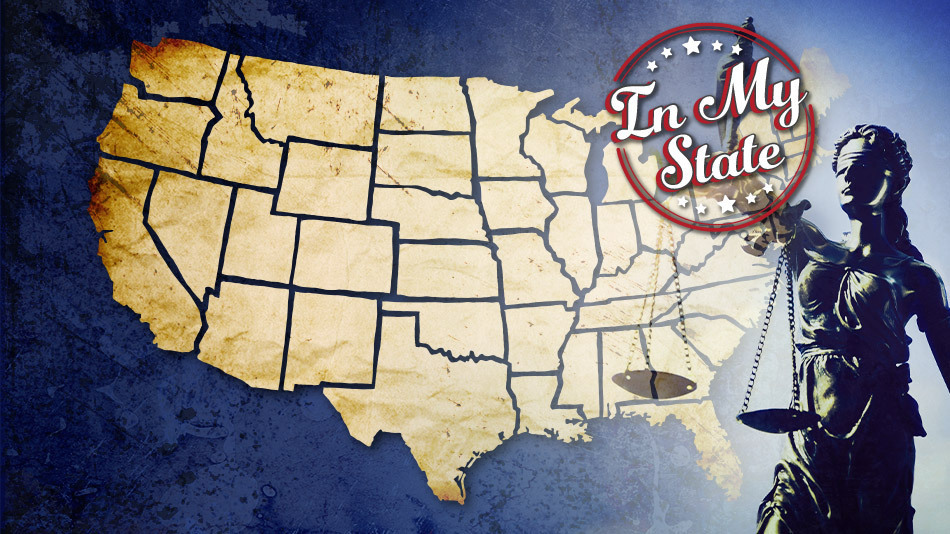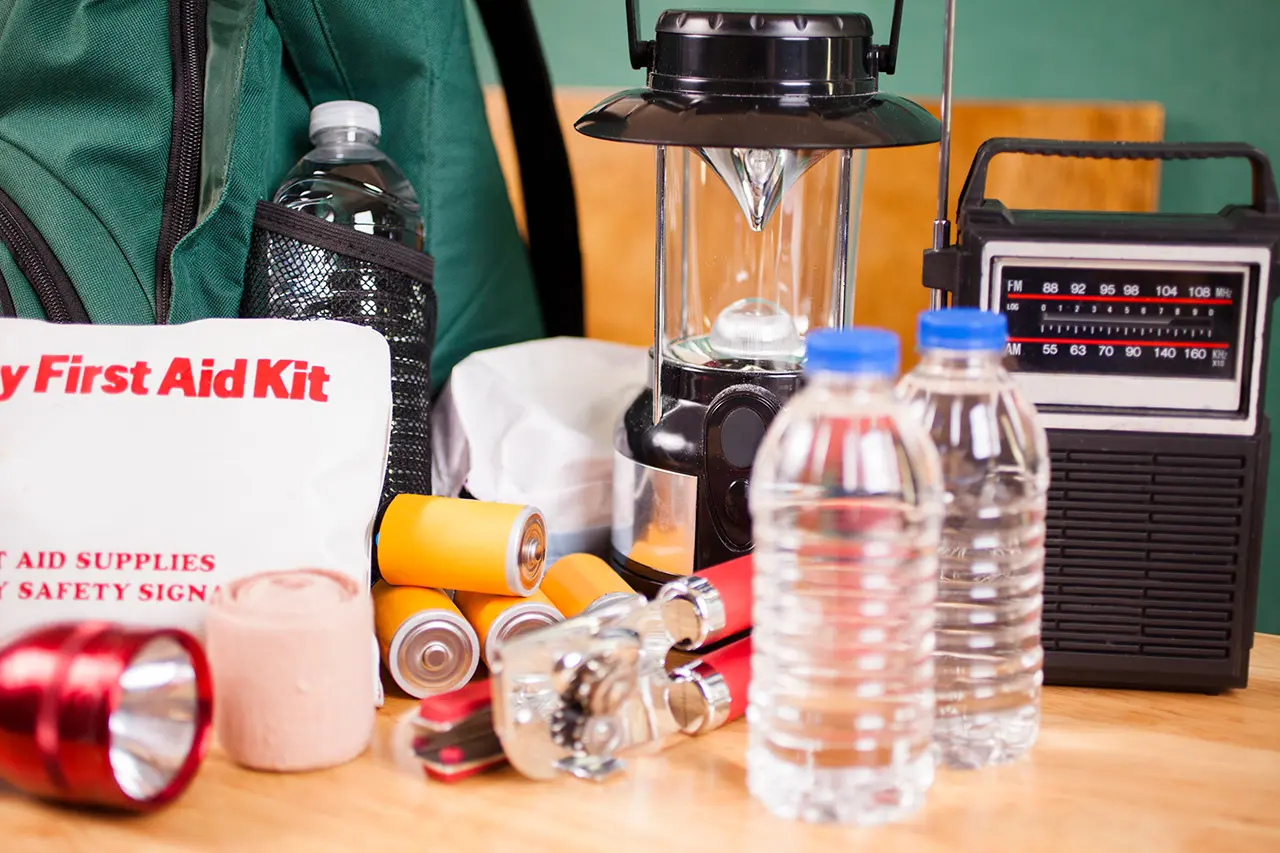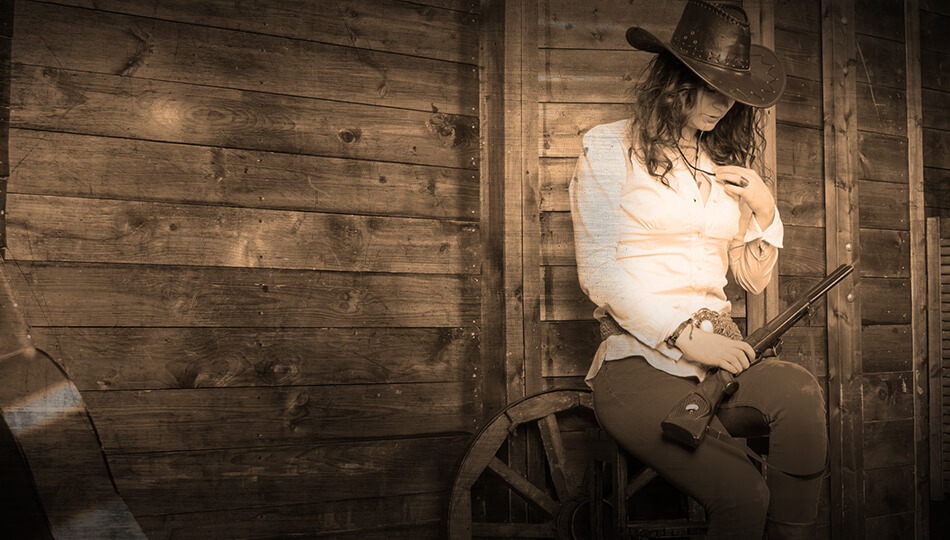
Recently, many North Carolina gun owners have encountered difficulties in obtaining gun purchase and/or concealed carry permits. This month we want to address some of those difficulties and explore some ways to overcome them.
What if Your Permit Is Delayed?
The delays experienced by many in attempting to obtain gun purchase or concealed carry permits have been attributed to the impact of the COVID-19 pandemic on sheriffs’ departments. Although North Carolina law requires a decision on a concealed carry permit to be issued within 45 days, some counties have taken four months or longer to issue a decision. This has understandably caused some concerns to those wishing to obtain a concealed carry permit. Unfortunately, the courts that have addressed this issue have all determined that the delays are reasonable considering the additional duties imposed on the departments due to the pandemic. As more people become vaccinated and restrictions are lifted, the delays should be eliminated. If not, it is more likely that courts will become more sympathetic to challenges over the wait times, particularly if there are no reasonable explanations for the delay.
What if Your Permit Is Denied?
If you are denied either a gun purchase or concealed carry permit, the first thing you should do is determine the reason for the denial. The sheriff is required to provide a written reason for denial of an applicant’s permit. It is important to remember that even if you are eligible for a gun purchase permit in North Carolina (N.C.G.S. § 14-404), you may not be eligible for a concealed carry permit (N.C.G.S. § 14-415.12), because they do not have identical qualifications. The most common reason for a denial of either permit is a criminal conviction. Some convictions may temporarily disqualify you from obtaining a concealed carry permit, but you will be eligible after the disqualification expires. For example, a DWI precludes you from obtaining a carry permit for three years after conviction, but after three years you are again eligible.
Some convictions, such as those for non-violent felonies, may prevent you from obtaining either a concealed carry permit or a purchase permit, but North Carolina allows for a restoration of gun rights. N.C.G.S. § 14-415.4 allows you to petition the district court to restore your rights if it has been at least 20 years since a disqualifying conviction and you have not been convicted of any other crimes during that 20-year period. Some violent misdemeanors and felonies may permanently bar you from obtaining a purchase or concealed carry permit. In those situations, you should speak to an attorney to determine if there is a way to set aside the conviction.
Denial Based on a Prior Commitment for Mental Illness
Another common reason for the denial of a purchase or concealed carry permit is a prior voluntary or involuntary commitment for mental illness. It is important to remember that merely seeking treatment or therapy for a mental illness should not prevent you from obtaining either permit. However, if you have been legally committed to a hospital for either inpatient or outpatient mental health treatment, the sheriff can deny a permit. In these cases, North Carolina provides a method to remove the impediment. Under N.C.G.S. § 14-409.42, anyone who was committed may petition the district court in the county where the commitment order was issued to remove the commitment from their record. At the hearing, the petitioner bears the burden and must prove by a preponderance of the evidence to the court that he or she will not be likely to act in a manner dangerous to public safety and that the granting of the relief sought would not be contrary to the public interest. To consider the relief, the court may review mental health records, juvenile records, and the criminal history of the petitioner. If the court grants the request, the mental health commitment prohibition will be removed from the petitioner’s record and he or she will be eligible for a permit.
Challenging a Denial
There are situations when it is worth challenging the denial of either permit in court. This is particularly true if the denial is based on inaccurate information or is based on a subjective determination by the sheriff’s department (e.g., your permit is denied because the sheriff has decided you are a substance abuser). In certain instances, simply speaking to or having your attorney speak to the sheriff may resolve the problem. In other instances, it may be necessary to go to court and have a judge resolve the dispute. If the permit was denied for a clearly valid reason (e.g., a recent violent felony conviction or other statutory limitation), then there is little incentive to file an appeal at that time. Another possible barrier to obtaining either permit may arise from federal legislation. If the ATF or FBI has labeled you as a “prohibited person” (e.g., a felon or user of illegal controlled substances) and you disagree with that designation, you must challenge it by visiting https://www.edo.cjis.gov and following the steps on the website.
If you are legally permitted to buy firearms but have been denied more than once or frequently experience delays in transactions, you can apply for a Unique Personal Identification Number (“UPIN”) by initiating a Voluntary Appeal File (“VAF”) through the FBI website. When you open a VAF, your case will be researched through the National Instant Criminal Background Check System (“NICS”) and you’ll be assigned a UPIN if you have no outstanding firearms prohibitions. The UPIN will then be used for your background check on future firearm purchases. You will still have to undergo a complete background check to buy a firearm, but the UPIN will help to confirm your identity. For help with VAFs and UPINs, including forgotten UPINs, contact [email protected].
For questions about obtaining a permit or denials of a permit, call U.S. LawShield and ask to speak to your Independent Program Attorney.
The information provided in this publication is intended to provide general information to individuals and is not legal advice. The information included in this publication may not be quoted or referred to in any other publication without the prior written consent of U.S. LawShield, to be given or withheld at our discretion. The information is not a substitute for, and does not replace the advice or representation of a licensed attorney. We strive to ensure the information included in this publication is accurate and current, however, no claim is made to the accuracy of the information and we are not responsible for any consequences that may result from the use of information in this publication. The use of this publication does not create an attorney-client relationship between U.S. LawShield, any independent program attorney, and any individual.





What kind of an attorney do I need to fight a concealed carry denial in California?
This is a great question. If you’re a member, please call our non-emergency line to get an answer from an independent program attorney at 877-448-6839.
I was denied for concealed concealed weapon charge they were brass knuckles found on the dashboard of my car 44 years ago